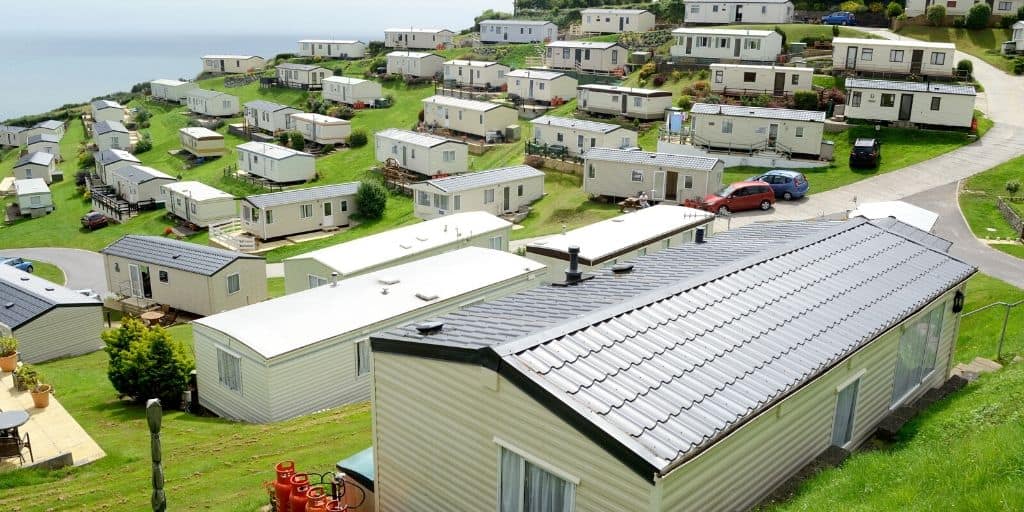If you are interested in renting a lot at a mobile home park, it is important to research several factors. This includes the cost of renting a lot, requirements, and laws that govern mobile home parks. These factors will help you make an informed decision about renting a lot at a mobile home park.
Legality of renting a lot in a mobile home park
The legality of renting a lot in a Mobile Home Park depends on the rules of the park. For example, there may be rules about moving your home, selling it, or having the right of first refusal. You also need to be aware of park policies regarding pets, changes to the property, and general upkeep of the park. It is best to seek legal advice on the matter to be sure that your rights are protected.
Depending on the terms of your lease, you may be responsible for paying for park amenities, such as laundry facilities and showers. You may also be responsible for paying additional fees for utilities, such as water, electricity, and sewer. You may also need to pay for pet fees. Most lot rents include a lease contract that lays out the details of your rent, including any fines or fees you may incur.
Depending on the city or county in which you rent a lot, you may be required to obtain a permit from the city or county where you live. However, there are some limitations on the amount a landlord may increase a tenant’s fees or utilities.
Requirements for renting a lot
If you’re planning on renting a lot in a mobile home park, you need to know the requirements. Mobile home parks are different than other types of residential real estate. They’re not like single-family homes, apartment complexes, brownstones, strip malls, or self-storage units. While park owners maintain roads and property amenities, tenants are responsible for maintaining their own septic systems and lots.
Lot rent is usually paid on a monthly basis, although some landowners may ask for quarterly payments. In addition, you must keep in mind that the lot rent will increase annually or biannually. This is a result of inflation. No matter where you live, the cost of renting a lot in a mobile home park is likely to go up.
Lot rent in a mobile home park is generally cheaper than lot rent in other types of rental properties. The difference is that the lot rent is paid directly to the property owner, rather than the park owner. There are different rules and regulations for different mobile home parks. Investors must ensure that they understand the requirements and get permission from park owners before renting a lot in one of their communities. Moreover, some communities require that tenants sign lease agreements before moving into a mobile home park.
Cost of renting a lot in a mobile home park
The cost of renting a lot in a mobile homes park can range considerably. It depends on the size of the home you choose, the location, and other services attached to the land. Generally, the lot rent is less than that of a rental apartment. However, it is always good to know the actual cost of renting a lot in a mobile home park before signing a lease.
Lot rent is the amount of money you will pay every month to the land owner. This fee may seem like an added expense, but it can also cover other costs, such as utilities and general upkeep. In addition, the lot rental covers the amenities at the mobile home park.
In addition to the lot rent, the park may also include the cost of laundry rooms and showers. These can be extra, depending on how much you use them. Other charges you may incur include pet fees and city taxes. Most mobile home parks will require you to sign a lease contract, which sets out the rental terms, fees, and fines for non-compliance.
Laws governing mobile home parks
Laws governing mobile home parks for rent are meant to regulate the operation of mobile home parks and clarify the roles of both the landlord and tenant. Most states prohibit the owners of mobile homes from prohibiting their tenants from subletting or selling their units. However, in some states, a landlord can limit the sale of mobile homes by requiring the new tenants to get permission first. If this is the case, the landlord must take reasonable measures to ensure that the new tenant will pay rent and will not disrupt other tenants.
Among other things, the landlord must post a notice of meetings in the common area at least 10 days in advance. Moreover, the owner may appoint an authorized agent to oversee the park’s operations. This person must have a working knowledge of the operation of the park and the authority to make decisions. In addition, the manager may not meet with tenants without the permission of the landlord or owner.
